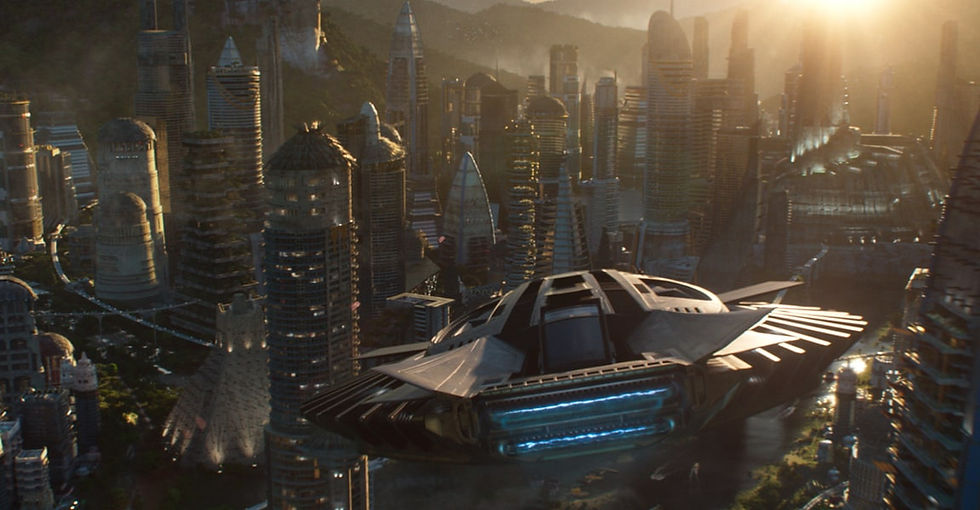Cultural contexts of Comic Book movies
- Dec 3, 2019
- 3 min read
Updated: Dec 5, 2019

The first ever recogniseable comic book to take shape was Superman who made his debut in the pages of Action Comics way back in in 1938. This small project ended up exploding in popularity among consumers due to its fun and lighthearted feel this then in the 1940's inspired the first ever superhero film which was a 12-chapter serial from Republic Pictures: Adventures of Captain Marvel.
Based on a Fawcett Comics hero who later ended up as part of the DC Comics roster, it focused on a young man named Billy Batson who transforms into a godlike good guy and battles a supervillain called the Scorpion. This crude attempt to bring comic heroes to the big screen suffers from the usual stop-start cliffhangers of the episodic form, but the foundations of the genre, an origin story and an arch-nemesis were all cemented into place.
In 1961 Marvel comics still quite a small publisher at this point decided that with the release of Fantastic four no.1 that all their comics from this point on would be in the same universe and through the concepts of a shared universe comic books would affect one another this ingenious idea would allow collaborations and cameos from other hero's for example in 1982, Marvel published the mini-series Contest of Champions, in which all of the major heroes in existence at the time were gathered together to deal with one threat.

Black panther himself was created and debuted in Fantastic four #52 created by Stan lee and Jack Kirby. Black Panther's real name is T'Challa, king and protector of the fictional African nation of Wakanda. Along with possessing enhanced abilities achieved through ancient Wakandan rituals of drinking the essence of the heart-shaped herb, this may have been inspired by the many african rituals which use herbs with apparent medicinal properties
Black Panther is the first superhero of African descent in mainstream American comics, having debuted years before early black superheroes such as Marvel Comics' the Falcon (1969), Luke Cage (1972) and Blade (1973). In one comic book storyline,
The film Black panther is a huge inspiration and role model for black people as it was a huge production saw a black lead character – not as a sidekick or part of a team in a superhero movie by a major studio, with a black director (Ryan Coogler), black writers and a majority black cast. This is a significant step toward diversifying our culture by improving the lackluster representation of minorities in major media. It’s also a filmmaking land mark as black creators have been given access to the resources and platforms needed to bring different storytelling perspectives into mainstream culture

Black Panther is in many ways a love letter to black culture. Africa has traditionally been an unsophisticated bit player in American media, often portrayed as backward, savage, and chaotic in everything from news coverage to films. It’s a portrayal that has left little room for other interpretations, which is why Black Panther’s vision of Wakanda as a bustling metropolis of vibranium-powered futuristic skyscrapers, racing trains, and soaring spaceships feels so refreshing to audiences.
the film is also a big part of the MCU (Marvel cinematic universe) as it was one of the last marvel films to be released before avengers Infinity War which resulted in the characters temporary death and revival of the character in Avengers End game. The first MCU film was Iron Man(2008), which began the first phase of films culminating in the crossover film The Avengers (2012). Phase Two began with Iron Man 3 (2013) and concluded with Ant-Man (2015). began with Captain America CIvil War(2016) and concluded with Spider Man far from home(2019). The first three phases in the franchise are collectively known as "The Infinity Saga".


Comments